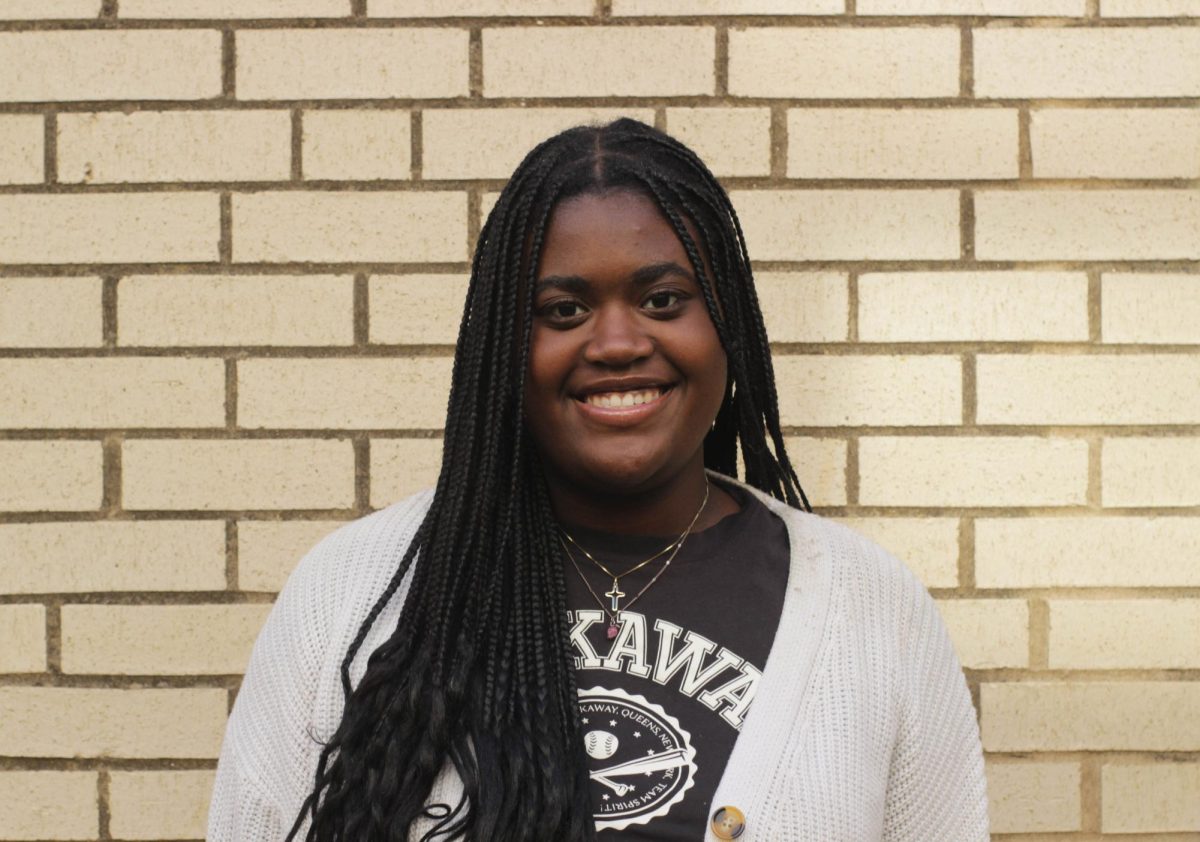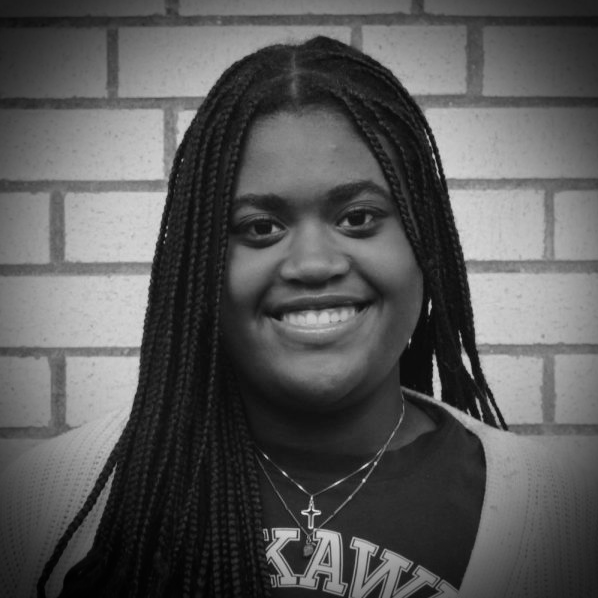Growing up, I always had representation. My friends and I would sit looking at magazines of Marsai Martin and Beyoncé wishing we would become them one day. We would share a laugh while going to the beauty supply store to spend an endless amount of money on shea moisture, tea tree oil, and rose water detangling masks. Our night would end by going over to each other’s houses to eat soul food by parents who treated us as their own. My favorite part was the bond that formed as our parents made us sit for hours doing our hair, and putting clanky beads and barrettes to perfect their craft. But when I moved into a new neighborhood, I was forced to face the reality that I could never build on those memories.
I started losing touch with my friends as I entered high school — losing touch with my culture too. I had grown up surrounded by people who didn’t look like me, but I wasn’t sure how well I would blend in with these students. Walking through the shiny-silver double doors and onto the marbled tile, so many questions filled my mind. Would people treat me differently because I looked different than them? My heart started racing. Looking around, my fears were fulfilled.
Everyone was the same. All fair skinned, blonde-haired, blue-eyed, dressed in identical leggings and oversized tees. I looked down at myself, picking out every detail that made us different. My frizzy curls were nothing compared to their blonde hair that bounced as they walked. Inside, I knew I hadn’t grown up with the same experiences they had. I was ashamed of myself and how I looked. Nothing felt right; I didn’t want to look like me anymore.
I soon realized how much I was changing. The color faded from my friend group — all of them were white. I started to talk differently, and intricate words began to replace the slang I grew up with. My thick lips or my big nose was nothing compared to the button noses of my peers. I was the literal “black sheep.”.
Through my quiet resentment, I noticed two girls walking together down the hallway. They were like me — the old me. Their hair was in braids, with dangly beads on the ends. Their lips were glazed and nails were decorated to a tee. Every laugh and giggle that came from their mouth was asserted carelessly. That’s the kind of black girl I could’ve been. Should’ve been.
“Why are they so loud?” my white friends around me said. “They’re so ghetto, I wish they could be more like you.”
“More like me?” I thought. I knew what they meant. The condescending phrases that rolled off their tongue gripped my throat. They wanted the girls to be more white. Not like me. I was quiet and articulate, I repressed my thoughts, and because they didn’t, they were automatically “ghetto.” Because I gave up part of my identity, I thought I was going to fit in. But instead I lost myself completely. And I knew I had to get it back.
With family, there was always pressure to embrace my “blackness”. Every summer, we would have cookouts filled with food, dancing, and card games. I always enjoyed spending time with them because I felt at home. I didn’t have to change my dialect or how I looked for any of them. The summer after school was out, I reconnected with them. Except something had changed. Looking around, my family were no longer people I could relate to. My cousins started parading around saying:
“You’re not black if…”
Every. Single. Time. I guess I wasn’t black enough because I didn’t do any of the things they listed. I was so confused on why I had to check items off a list in order to be a certain race. This wasn’t my home anymore. If I knew one thing, it was that I was too black for white people, and too white for black people, and I just wanted to be myself.
Looking back on it now, I realized I had it all wrong. I was so busy choosing sides, I couldn’t see that I was playing tug of war with two parts of myself. There’s going to come a day when you’re going to have to realize, no one is just white, or just black. Everyone is just simply themselves. We’re composed of multiple personalities, cultures, ethnicities, and we shouldn’t be choosing which parts to love. Love your full self, and never be ashamed of who you are. I wished younger me would’ve known that then.






